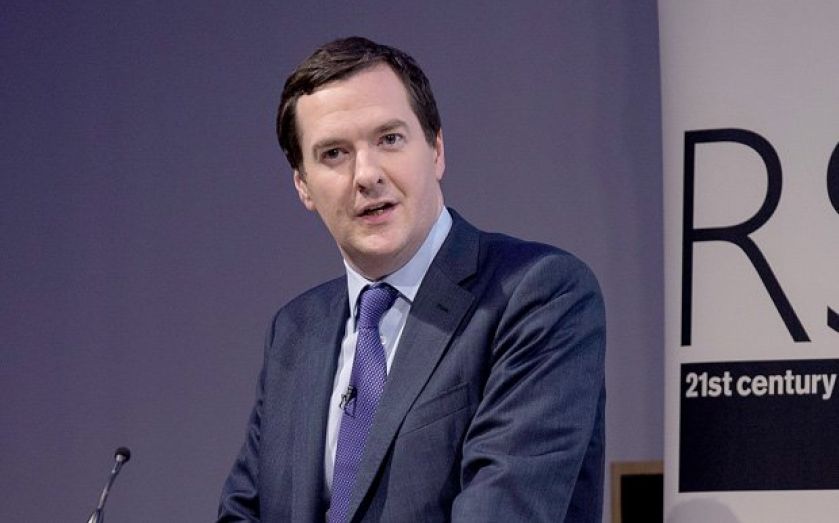Reason to cheer: Today’s finally tax freedom day

TODAY is tax freedom day, according to the Adam Smith Institute – the day when the average UK wage earner has paid their annual tax bill and starts working for themselves.
This year, the event is two days earlier than it was during 2013, but the think tank stressed that it still means that 148 days of the year is used just to pay tax.
The day represents the portion of the UK’s national income needed to pay direct and indirect taxes, collected by central and local authorities. Today, 41.09 per cent of 2014 is over – the same proportion of the UK’s income that is collected in tax.
“In this World Cup year, it is salutary to remember that when England collected the trophy in 1966, Tax Freedom Day fell more than a month earlier – and even then, people complained about the burden. Since then, the burden has edged up decade by decade,” said Eamonn Butler, one of the founders of the Adam Smith Institute.
Despite the day coming earlier than it did last year, “cost of government day” is still far ahead, coming on 26 June. The second day comes nearly a week earlier than in 2013, but the month-long gap between the two events illustrates the difference between what the government collects in tax revenues and what it shells out in spending.
In the US, the day fell more than a month ago, on 21 April.
“As an MP, I see how the services provided collectively through the state so often fall short of people’s needs and expectations so it is a shocking fact that tax freedom day falls at the end of May,” said Steve Baker, the newest member of the Treasury select committee.
The Taxpayers’ Alliance also weighed in on the findings, saying that the average household spends more on tax than on essential items like fuel, clothing, food and housing. The typical tax bill comes to £9,415 and the essentials run to £7,727, according to the group.
WHAT DOES IT MEAN?
If the year was split into two, 148 days would be used to pay tax, and the rest of the average earner’s income would be kept
The event comes three days earlier than in 2013, but tax still makes up 41.09 per cent of the UK’s national income.
Cost of government day, which takes into account all state spending, doesn’t come for another month.